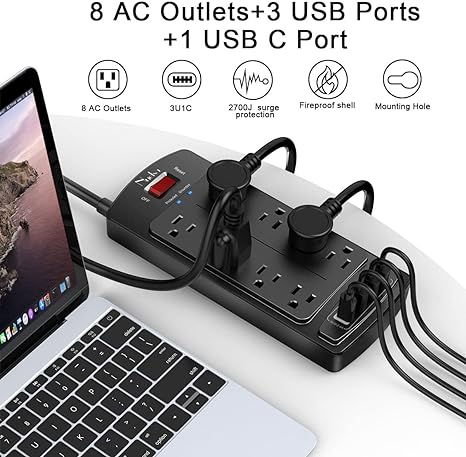How to become a research scientist
05 Mar 2023Research science is a dynamic and intriguing professional path that enables people to investigate novel concepts and enhance knowledge in a variety of sectors. You will have the chance to conduct research, examine data, and share your results with the scientific community as a research scientist. But, it takes a lot of effort, commitment, and tenacity to succeed as a research scientist. We will look at the measures you can take to become a research scientist in this article.
Step 1: Obtain a Bachelor's Degree in a Science-Related Field
Getting a bachelor's degree in a scientific subject is the first step towards becoming a research scientist. This might apply to any branch of science, such as biology, chemistry, or physics. It is crucial to pick a major you are passionate about because this will make it simpler to maintain motivation throughout your education.
You will take courses in math and statistics as well as your chosen science during your undergraduate study. Also, you might get the chance to work on research projects with professors or graduate students, which can be a great learning experience and help you decide if research is the appropriate job for you.
Step 2: Pursue Graduate Studies
The next step to becoming a research scientist is to pursue graduate studies after earning a bachelor's degree. Often, this entails earning a Master's or PhD in the scientific discipline of your choice.
You will study advanced material in your area of science throughout graduate school, and you'll work with a faculty member on a research project. Designing tests, gathering data, and assessing outcomes are all potential components of this research. Even while graduate school can be time-consuming, it gives you vital experience and gets you ready for a future in research science.
Step 3: Gain Experience Through Internships or Research Positions
It's crucial to obtain experience through internships or research roles while pursuing graduate courses. You can improve your talents, connect with other researchers, and learn about other scientific topics through this experience.
There are various ways to obtain experience as a research scientist, including working as a volunteer in a research lab or doing an internship at a university or other research facility. Finding these opportunities is crucial, as is applying early because they might be competitive.
Step 4: Develop Skills in Data Analysis and Communication
It's crucial to hone your data analysis and communication skills as a research scientist. For interpreting experiment results and extracting conclusions from the data, data analysis skills are crucial. For both presenting your discoveries to the scientific community and to the general audience, communication skills are crucial.
It is crucial to enrol in statistics, data analysis, and communication courses to build these talents. By presenting your findings at conferences or taking part in science communication activities, you can also gain experience. You can become a more successful researcher and increase your chances of success in the profession by honing these talents.
Step 5: Build a Network of Professional Contacts
Establishing a network of business contacts is crucial for any job, but research science is particularly dependent on it. Your network may be able to connect you with potential employers, offer guidance and mentorship, or even work with you on research initiatives.
Attending conferences, joining scientific groups, and connecting with researchers in your field on social media or professional networking sites are all crucial steps in creating a network of professional contacts. You can also ask professors or more seasoned researchers in your field for mentoring.
Step 6: Apply for Research Positions
It is appropriate to submit applications for research posts after completing graduate studies and accumulating experience. Universities, government agencies, non-profit groups, and private sector all have research roles available. Finding a job that fits your interests and abilities is crucial.
It's crucial to have a compelling CV when applying for research opportunities that emphasises your training, research experience, etc.
Back to Home Page





